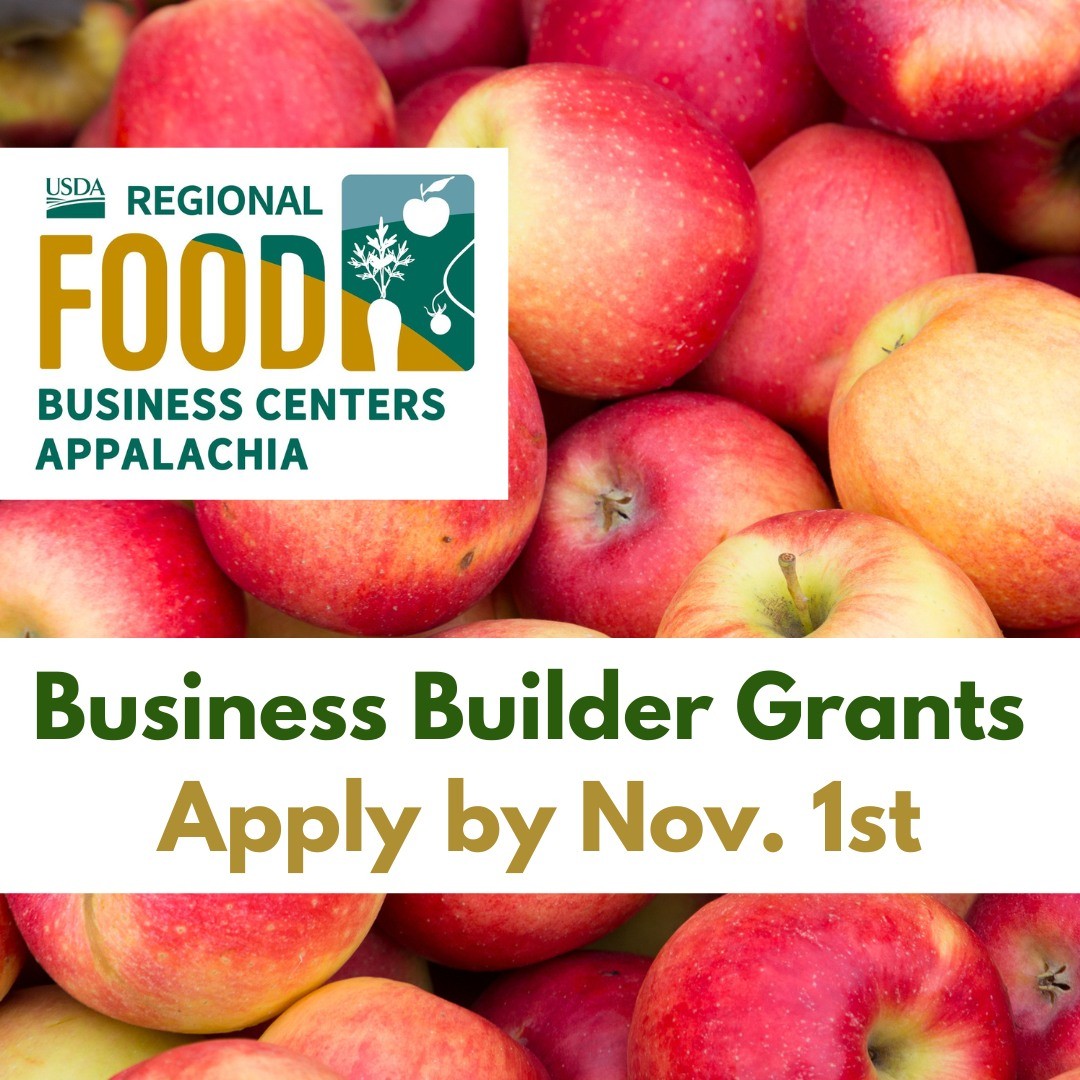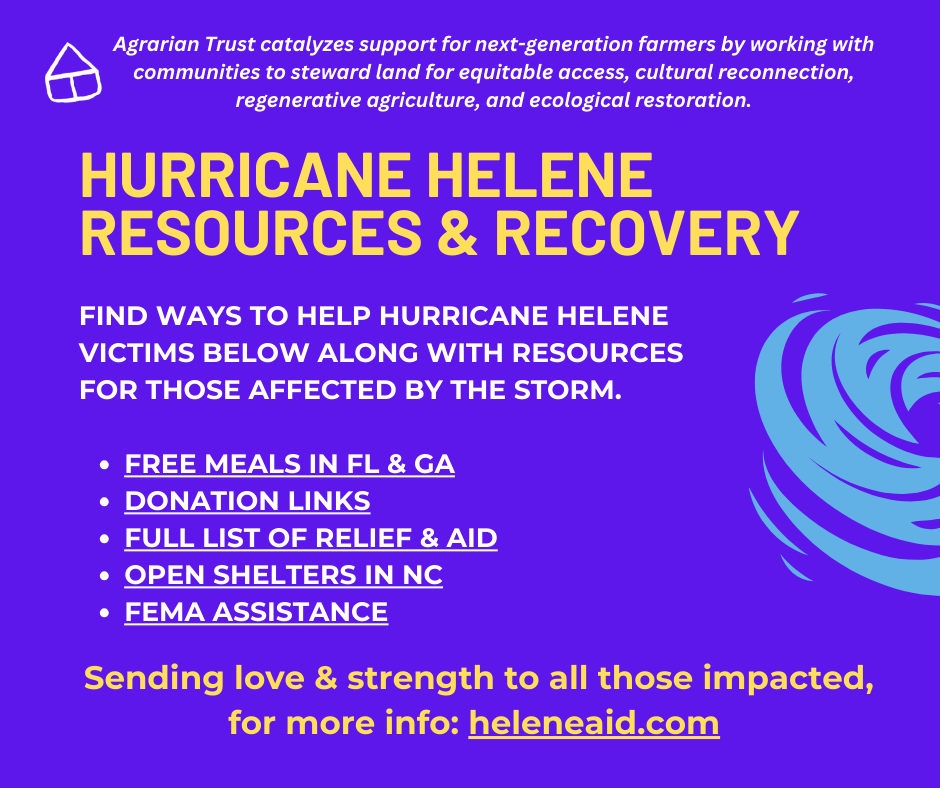On Saturday, April 26th, in Berkeley, California, Wes Jackson spoke to a crowd gathered for Our Land Symposium where an audience of folks engaged in the work it will take to recover America’s farmland eagerly listened. To paraphrase some of what he offered as necessary in this reimagining, we must be motivated by intrinsic rewards, unconventional, creative, and develop mastery our tools. There are many ways in which people are doing the work of transitioning America’s farmland. Many hands and voices earnestly work towards an agriculture that produces in fairness to the soil, the people involved, and our future farmers. Collectively, they ask themselves “what would the land want?”
I was there to listen to the messages that the Symposium’s speakers delivered.
Four days later, back home in the Willamette Valley of Oregon, I was visiting Loud Pond Farm to report here on the ways farmers are accessing land and working on it towards a community-based food system.
Abby and Phil Biboux, and Able and Vanessa Blackmore move sheep, chickens and ducks across pasture. The sunshine and soil grows the sheep feed while their hands on approach gives them an intimate connection to their animals and the land they live on. During my morning visit Phil nudged a newborn lamb towards her yearling mother who didn’t quite have the nursing instinct she ought to. Phil went on to explain their ability to work so closely with their animals. Right now with 50 ewes, close attention can be paid, and the plan is to keep it that way. The goal is to increase the flock so that they can keep up with the grass on their 35 acres while remaining small-scale enough to do the important work of caring individually for each of their animals.
Loud Pond moved onto their land in Noti in the spring of 2013. Both Phil and Able had worked for the previous owner who contacted them when he was thinking of selling. The folks at Loud Pond loved the idea but didn’t quite know how they would be able to finance the purchase of the land. In came the non-profit skills that Abby had gained towards the research and paperwork for acquiring financing for the purchase. First there was the effort of applying for the FSA Farm Loan Program, but they chose to instead apply with the Northwest Farm Credit Services AgVision Program. Abby says the program was attractive in its loans based on market research, and a strong business plan. Program participants also have opportunities for education and mentoring. Loud Pond was approved for a loan to finance the farmland and while the previous owner moved out, they got started retrofitting vegetable infrastructure to suit the needs of their operation. This meant a winter of sheep in greenhouses and planning the transition of bedded ground to pasture.
The sheep and chickens were out on a neighbor’s land the day of my visit. The neighbor wants to see a neglected piece of his property in production, and is happy to accept eggs for use of the ground. Using movable fencing for mob grazing and chicken tractors to move poultry, this land is undergoing a radical shift from blackberry and scotch broom bramble towards pasture. It’s inspiring to see that moving these animals across the ground, and timely mowing of shrub pressure is doing the work of feeding soil, encouraging grasses and forbs and keeping the thicket down.
Sold at hanging weight to area restaurants and buyers interested in farm-direct meat, Loud Pond’s product is sure to be a reflection of their practices. This two family farm is raising meat and eggs on a scale, and in a system that answers that question “what would the land want?”




